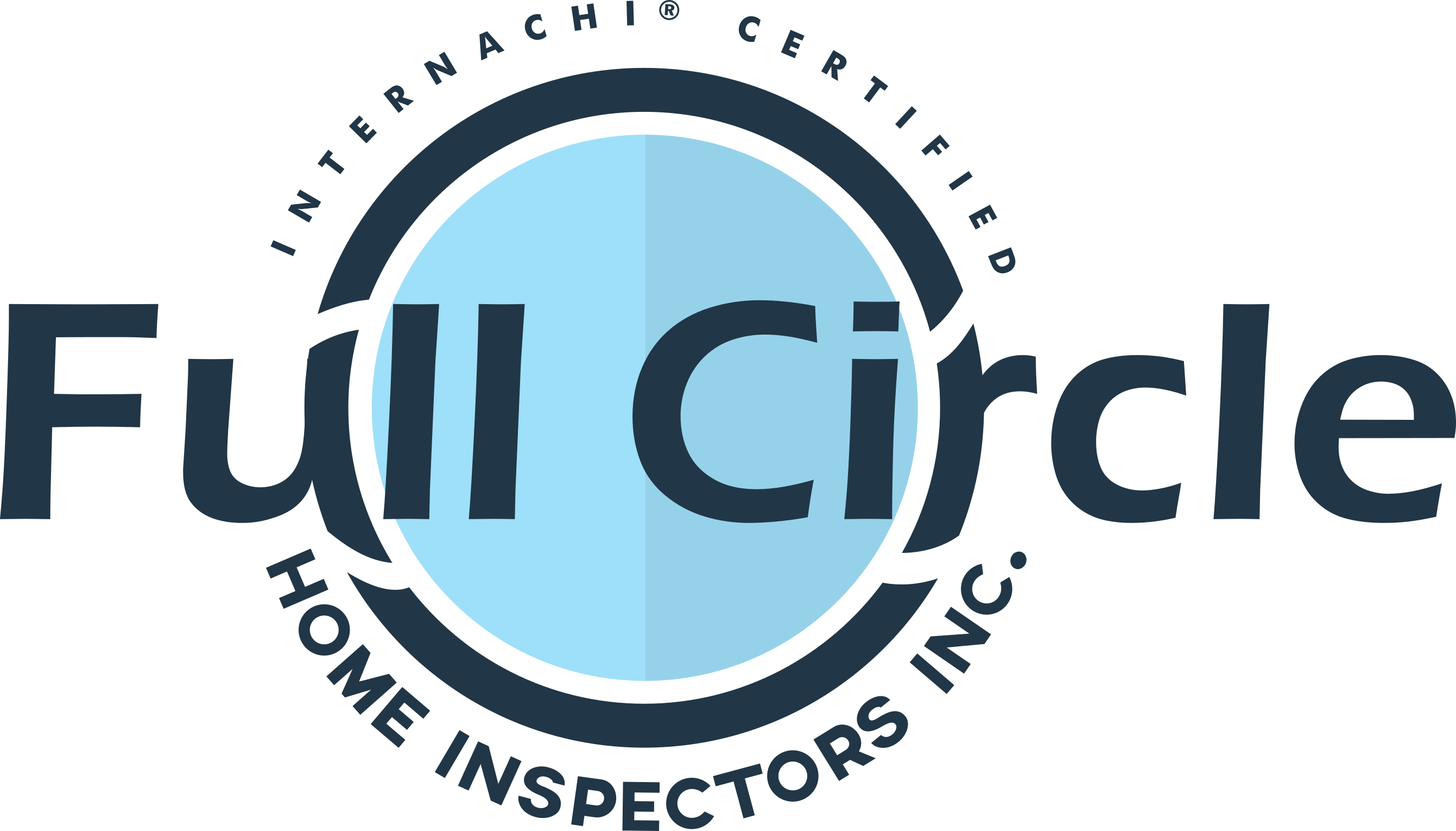Can Home Inspections Affect Property Value?

Buying a new home in Central Florida may be on your to do list this year. In fact, you may have already started looking at homes, and the overall condition of the properties you have looked at may have caught your attention. Regardless of the age of the property, a pre-existing home may be in poor condition if it has not been well-maintained by previous owners. On the other hand, even older homes may be in amazing condition and could have recently been remodeled to make them look like new. It is difficult to determine a property’s true condition just by looking at the surface alone.
Some home buyers intentionally look for outdated homes in poor condition with the hope of creating value through improvements. Others home buyers prefer a property that is well-maintained and move-in ready. Obtaining a property inspection is not a required part of the real estate purchase process in Florida, but it is a step that many buyers choose to take. You may be wondering how a home inspection impacts a property’s appraised value or if it plays a role in valuation at all. With an improved understanding of what these two reports are, you can better understand their impact on your buying decision.
Understanding the Components of an Appraiser’s Valuation
In a typical real estate appraisal, the appraiser reviews the property’s value from three different perspectives. At his or her discretion, the final value may be determined through a reconciliation of all three methods or only through one or two of the methods. These methods include a review of sales comps, the property’s replacement value and the income capitalization approach. In many cases, the latter method is used for investment or income-producing real estate. The sales comp approach requires the appraiser to review several comparable properties that are located very close to the subject property and that have recently sold. The price per square foot of these properties is analyzed by the appraiser. Keep in mind that the appraiser may make adjustments based on key selling features in the homes and other notable differences while reconciling the data and analysis. The replacement value approach considers the estimated cost of building a similar home from the ground up, such as if the was completely destroyed and needed to be rebuilt. It is based on construction costs in the area at the time as well as on the general type of finish-out in the home.
Learning About a Property Inspection Report
Many Florida home buyers request a home inspection to be completed on a property that they are interested in so that they can learn more about the true condition of the home. Many potential repair issues may go undetected by an untrained eye. Some issues may require in-depth review by a skilled inspector and even special equipment or tools to uncover. A property inspector will usually review all major components of the home, such as the foundation, the roof, the major appliances, the electrical system, the plumbing or septic system and more. While home inspectors may not be licensed in each of these areas usually, they can provide insight into areas of concern that should be inspected by a licensed specialist.
Repair items that are identified by a property inspector are typically categorized based on their severity. For example, some cosmetic issues may be noted, such as cracked tile. Other issues, such as an exposed electrical wire or loose stair railing, may be classified as urgent life and safety issues.
Examining the Impact of a Property Inspection on Property Valuation
Be aware that an appraiser is not always provided with a copy of a home inspection report. In some cases, the two professionals walk the property on the same day and complete their reports at roughly the same time. If the timing of your purchase plans permits, it may be wise to obtain a property inspection before paying for an appraisal. In some cases, the condition of a property may be so dismal that a buyer decides to walk away from the transaction altogether. In this case, delaying the appraisal order can save the buyer money. In many cases, some areas of concern that have been outlined by the property inspector may impact the appraiser’s valuation. The appraiser’s attention may be brought to areas of concern after reviewing the inspection report.
The two primary valuation methods that an appraiser may use for an owner-occupied or non-investor property are related to the property’s condition. These are the sales comparable approach and the replacement value approach. Remember that the appraiser will adjust the price per square foot based on key selling points as well as negative factors, such as a cracked foundation. Likewise, the appraiser will discount the replacement valuation by any significant repair costs.
Exploring Why a Buyer Might Walk Away From a Property
You may think that all buyers would want to walk away from a property that has many smaller repair issues or at least one serious issue, but this is not the case. Some buyers will use this information as a basis for negotiating a better deal on the sales price. Others will ask the seller to fix the problem areas before closing. If the seller agrees to one of these two options, the closing may take place under the revised contract terms.
There are, however, many instances when a buyer will walk away from a home. For example, if the seller is not willing to negotiate on the sales price or is not willing to repair the damage before closing, the buyer could decide not to move forward with the purchase. For some buyers, the specific type of damage or the severity of the damage may be a deal-breaker. For example, if it is determined that black mold is growing in the home, the buyer may not feel comfortable living in the home even if professional mold remediation is completed. This is a matter of preference based on his or her comfort level.
Keep in mind that some buyers also do not want to inherit a laundry list of repair issues from the seller. They prefer to buy a property that has been well-maintained. Regardless of any discounts or concessions that the seller may be agreeable to, the buyer may simply not want to deal with making those repairs on his or her own.
Now that you understand more about how an appraisal and property inspection could be related, it makes sense to consider ordering a home inspection and reviewing the inspection report closely before ordering the appraisal.


Leave a Reply
Want to join the discussion?Feel free to contribute!